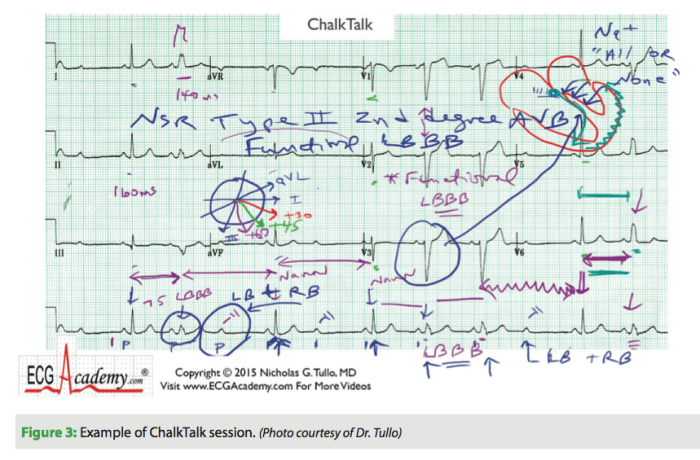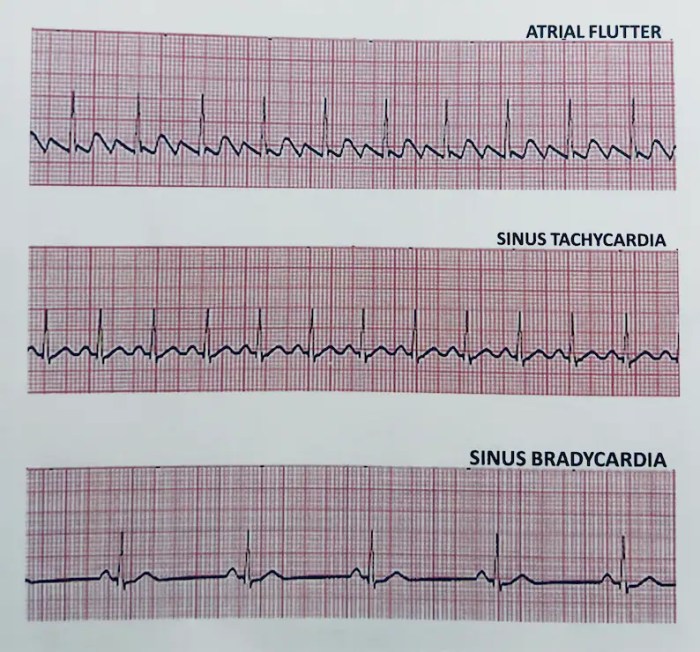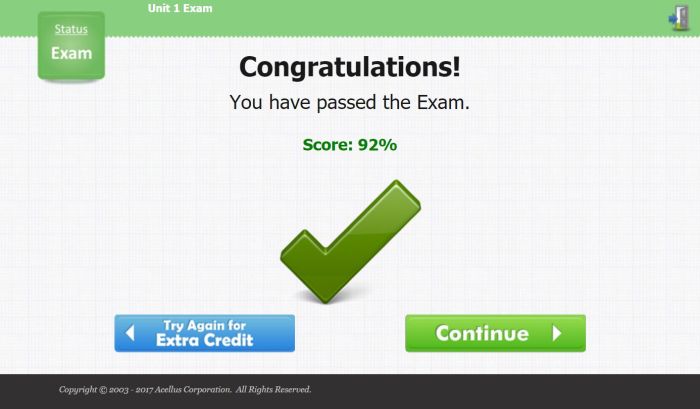The ECG Academy Level 2 Final Exam Answers provide an unparalleled opportunity to master the art of electrocardiogram (ECG) interpretation. This comprehensive guide empowers candidates with a thorough understanding of the exam’s content, effective preparation strategies, and insightful feedback analysis to excel in their ECG interpretation skills.
Delving into the intricacies of the ECG Academy Level 2 Final Exam, this guide unveils the key concepts, topics, and skills tested, highlighting their relative importance and weight within the exam. By identifying these critical areas, candidates can optimize their study efforts and allocate their time wisely.
ECG Academy Level 2 Final Exam Overview: Ecg Academy Level 2 Final Exam Answers

The ECG Academy Level 2 Final Exam is a comprehensive assessment designed to evaluate the knowledge and skills of students who have completed the ECG Academy Level 2 program. The exam covers a wide range of topics related to electrocardiography, including ECG interpretation, arrhythmia recognition, and patient management.
The exam is designed to be challenging but fair, and it is intended to help students identify areas where they need additional study and practice. The exam is divided into two sections: a multiple-choice section and a case-based section. The multiple-choice section consists of 100 questions, and the case-based section consists of 10 cases.
The exam is timed, and students have 3 hours to complete both sections. The passing score for the exam is 70%, and students who pass the exam will receive a certificate of completion.
Exam Content Analysis

The ECG Academy Level 2 Final Exam covers a wide range of topics related to electrocardiography, including:
- ECG interpretation
- Arrhythmia recognition
- Patient management
- ECG monitoring
- Pharmacology
The relative weight and importance of each content area is as follows:
- ECG interpretation (50%)
- Arrhythmia recognition (30%)
- Patient management (15%)
- ECG monitoring (5%)
- Pharmacology (5%)
Exam Preparation Strategies

There are a number of effective strategies that students can use to prepare for the ECG Academy Level 2 Final Exam. These strategies include:
- Reviewing the course material thoroughly
- Taking practice exams
- Joining a study group
- Seeking help from a tutor
Students should also make sure to get a good night’s sleep before the exam and eat a healthy breakfast on the day of the exam.
Practice Questions and Mock Exams
The following are some practice questions that students can use to prepare for the ECG Academy Level 2 Final Exam:
- What is the difference between a sinus rhythm and an atrial fibrillation?
- What are the signs and symptoms of a myocardial infarction?
- How do you treat a patient with ventricular tachycardia?
Students can also find mock exams online or in ECG Academy study materials.
Exam Results and Feedback
Students can access their exam results online within 24 hours of taking the exam. Students who pass the exam will receive a certificate of completion. Students who do not pass the exam will receive a score report that will indicate their strengths and weaknesses.
Students can use their score report to identify areas where they need additional study and practice. Students can also seek feedback from their instructor or a tutor.
Common Queries
What is the purpose of the ECG Academy Level 2 Final Exam?
The ECG Academy Level 2 Final Exam assesses candidates’ knowledge and skills in ECG interpretation, ensuring their competency in this crucial aspect of healthcare.
How should I prepare for the ECG Academy Level 2 Final Exam?
Effective preparation involves a combination of studying key concepts, practicing ECG analysis, and utilizing practice questions and mock exams to simulate the actual exam experience.
How can I access my exam results and feedback?
Exam results and feedback are typically made available through the ECG Academy platform or via designated communication channels provided by the exam administrator.